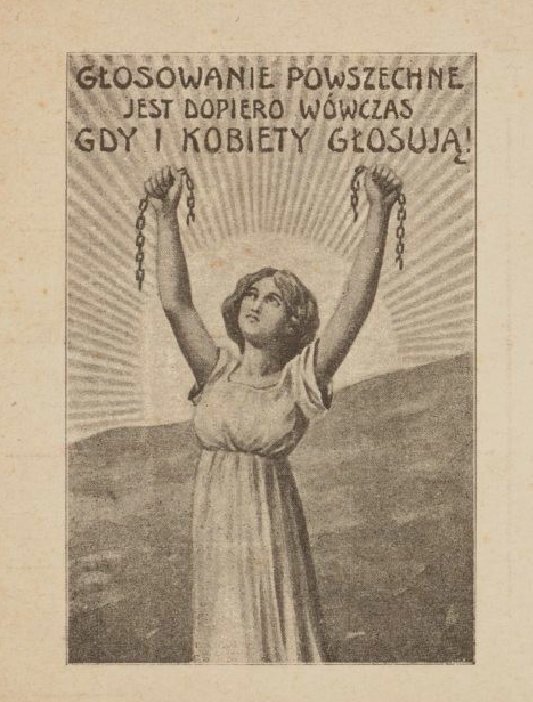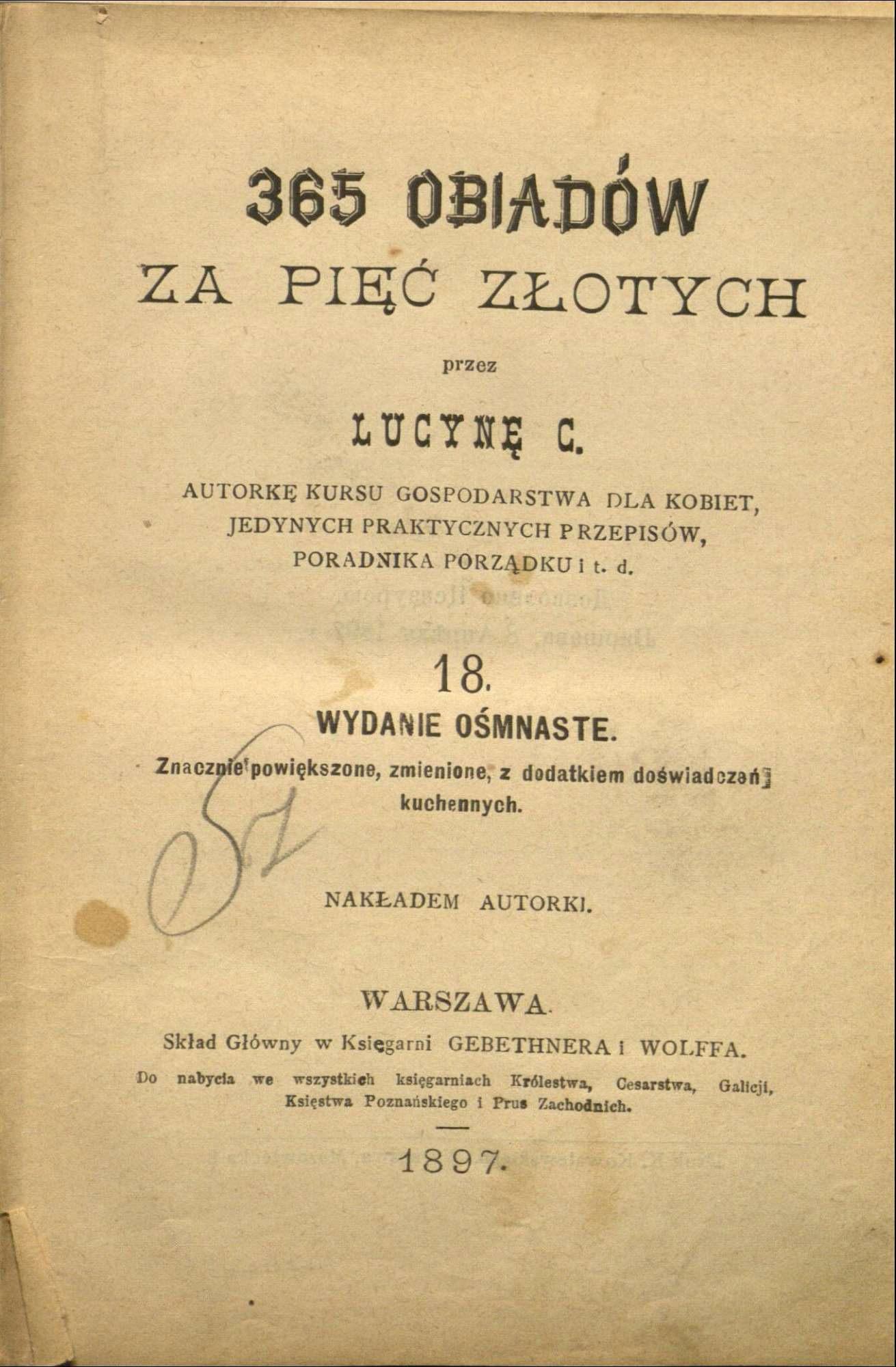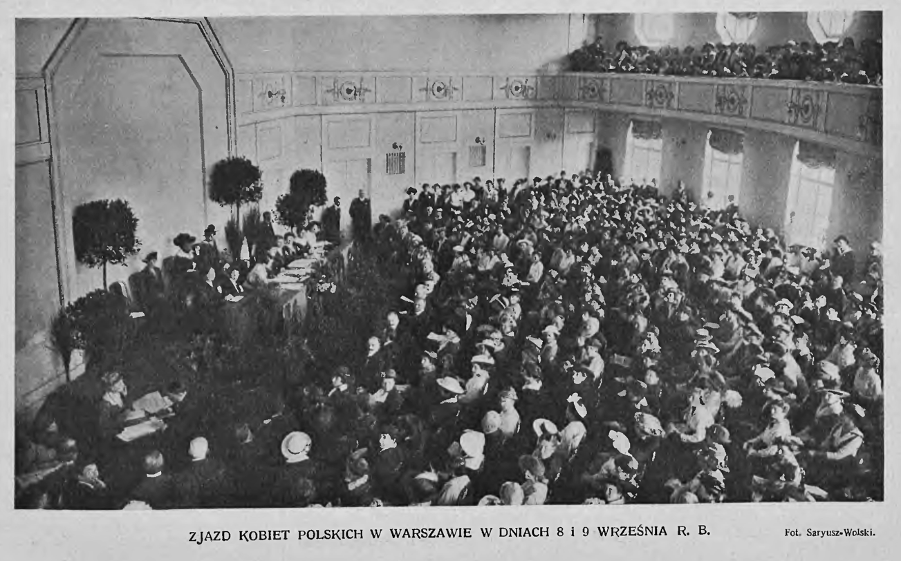
Women political rights in Poland – Warsaw
Polish figure of the „The emancipation of women” topic
Women’s struggle for political rights in Poland were hampered by the political situation of the state. The actions of the occupying countries had a great impact on almost all aspects of social life, including women’s education. Women were allowed to study only at the Jagiellonian University (since 1890s), and only in one of two faculties: medicine or philosophy. Therefore, in order to reform girls’ education started to organise special courses and vocational schooling. Furthermore, Jadwiga Szczawińska-Dawid founded the first clandestine women’s college in Warsaw called the Flying University. Importantly, struggles for equal access to education was a prelude to the fight for the political rights of Polish women.
First and foremost, women challenged the inequalities that existed in civil law. According to Napoleonic Code women were subordinate to the male authority in almost every sphere of life. Their dissatisfaction was expressed both by journalistic and political activities associated with the figure of Józef Piłsudski and his circle, including the Polish Socialist Party (PPS). With regard to this, one should mention that women also took part in the fight for independent Poland. The Polish suffrage movement is important to mention in this context. It was supported by representatives of women living in all three countries that annexed parts of Poland. This was most evident in Galicia where Polish women participated in demonstrations organised by socialist circles on March 19, 1911.
The regaining of independence was an important factor in the struggle of Polish women for their right to vote. The Decree of the State adopted in November 1918, guaranteed full suffrage for women. According to the document, “the voter to the Sejm is every citizen of the country without a gender difference, who until the day of announcement of the election, turned 21” (Art. 1).
References:
Fuszara M., Poland: Regime Transformation and Women’s Political Representation [in:] The Palgrave Handbook of Women’s Political Rights, S. Franceschet, M. L. Krook, N. Tan (eds.), London 2018, p. 689-698.
Liberated twice. The political rights of women 1918 – online exhibition, Instytut Pileckiego, https://instytutpileckiego.pl/pl/wystawy/wirtualne-wystawy/liberated-twice-the-political-rights-of-women-1918-online, 14 August 2024.
Rakowska-Trela A., 100 years of women suffrage in Poland. From the fight for political rights to gender quotas, Przegląd Prawa Konstytucyjnego 46 (2018), pp. 261-271.
Facts



